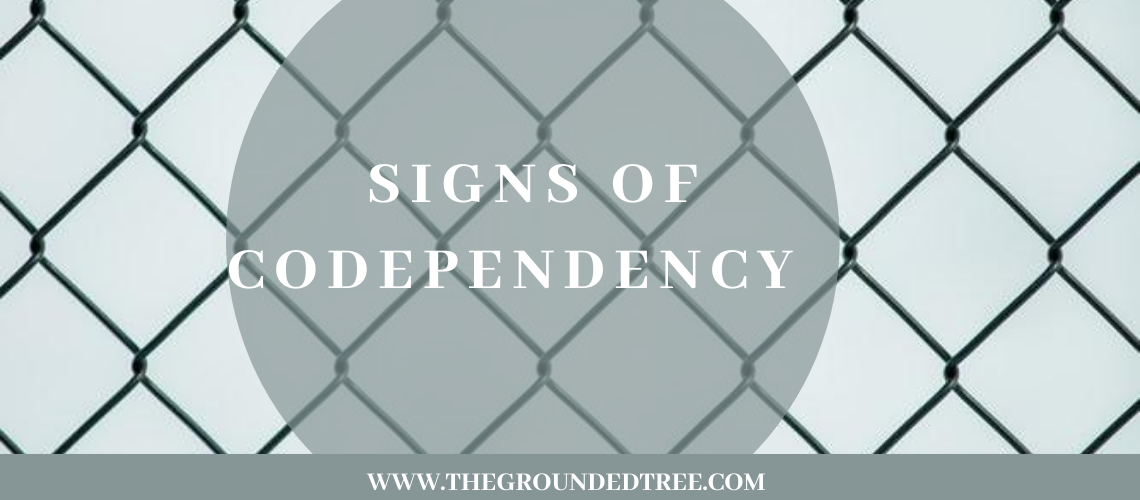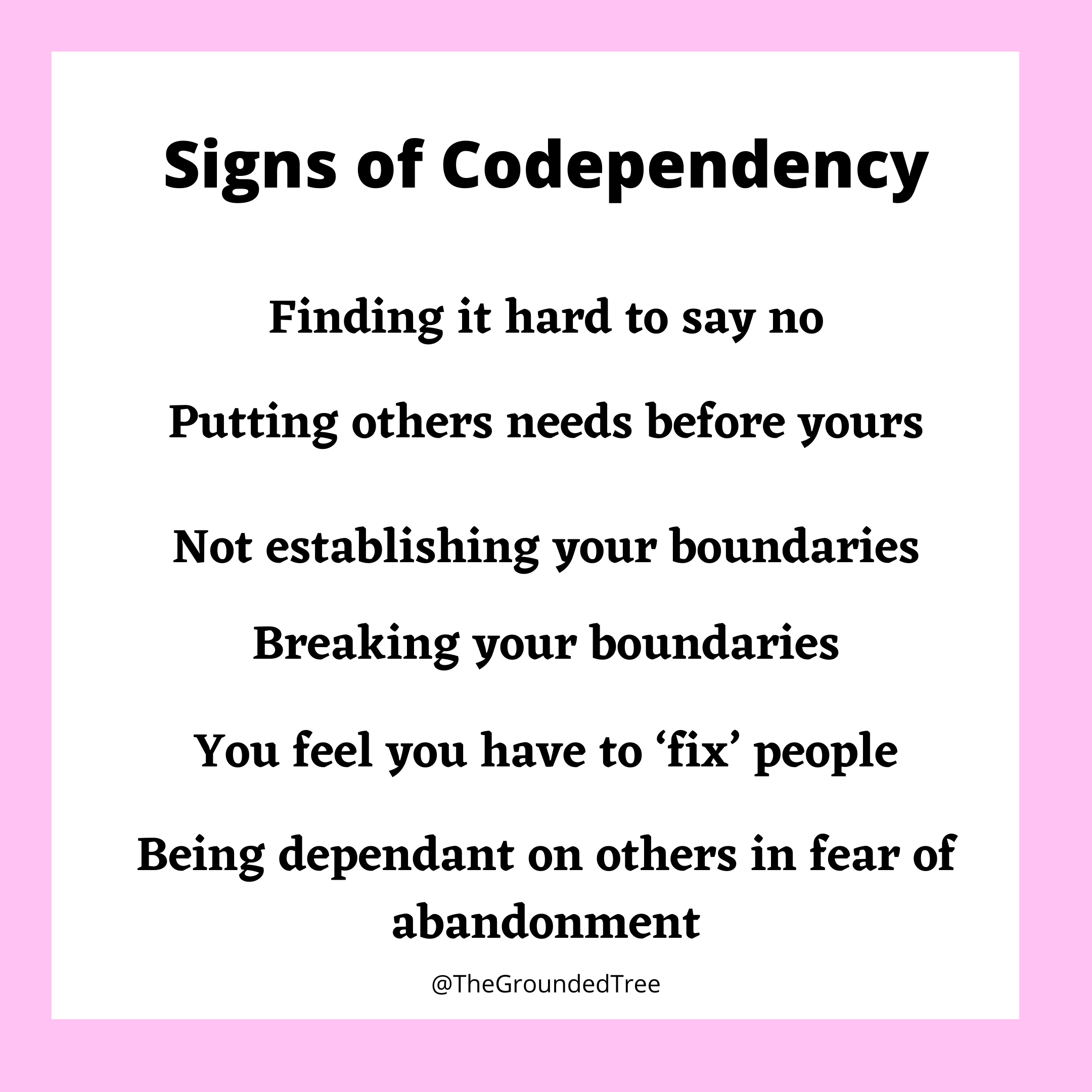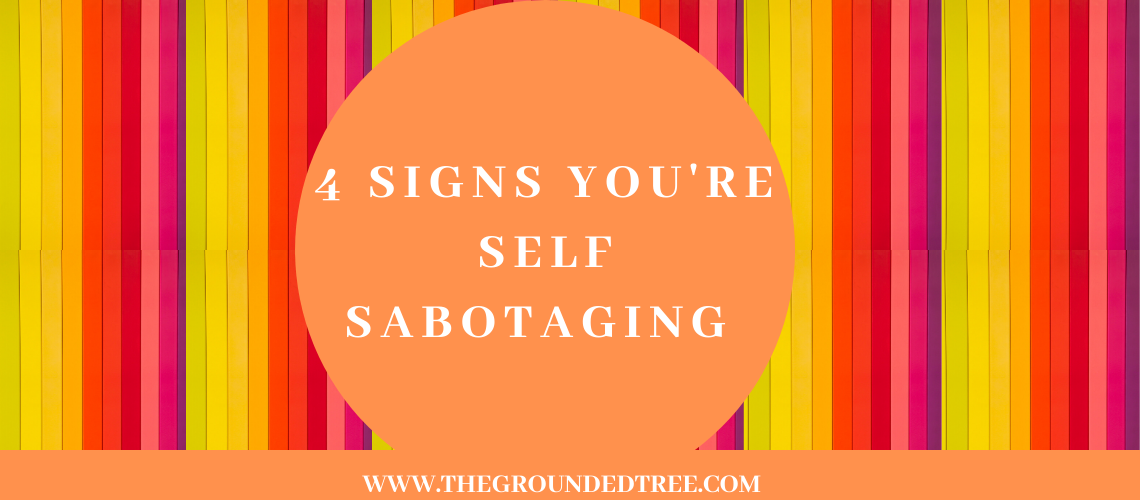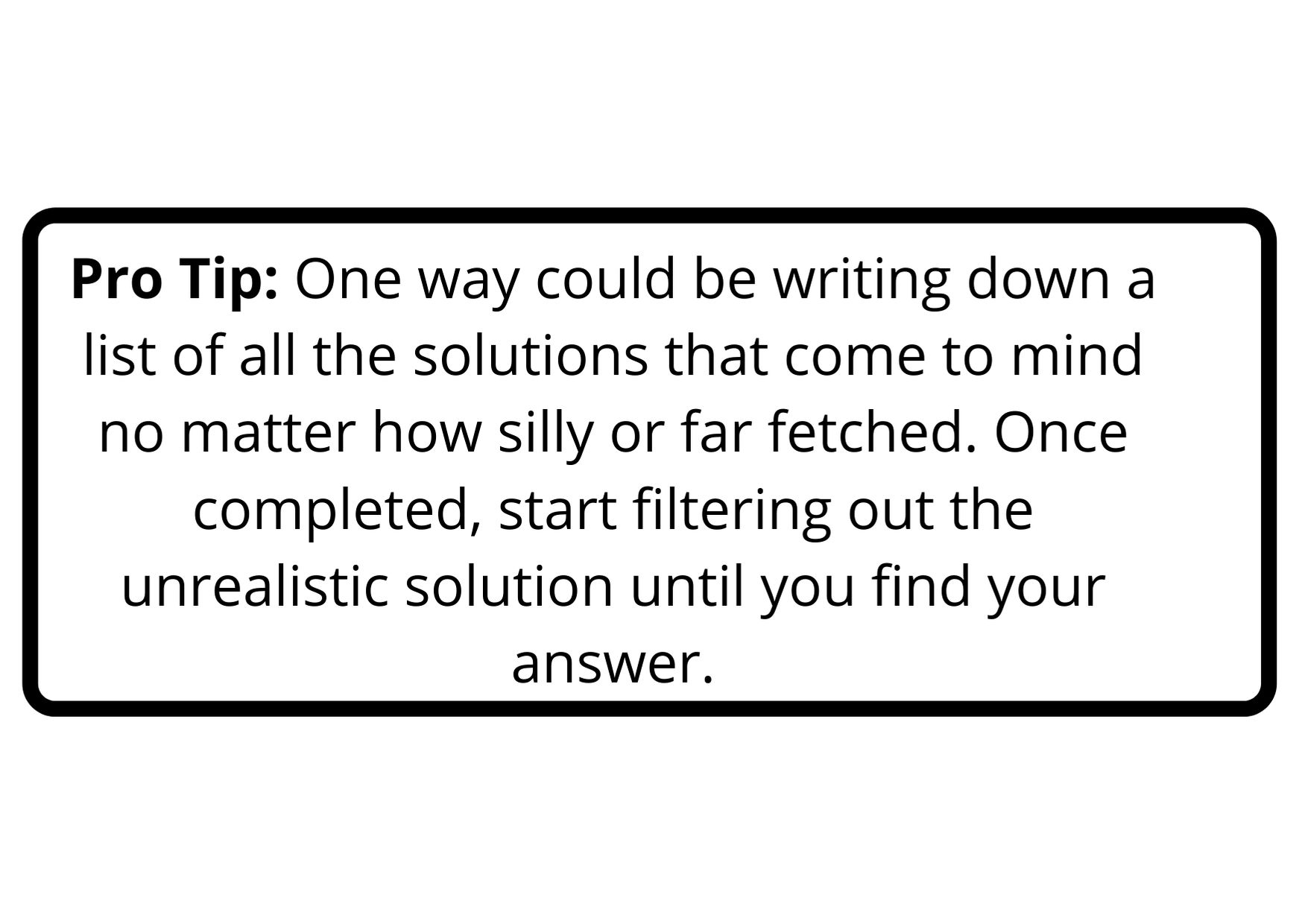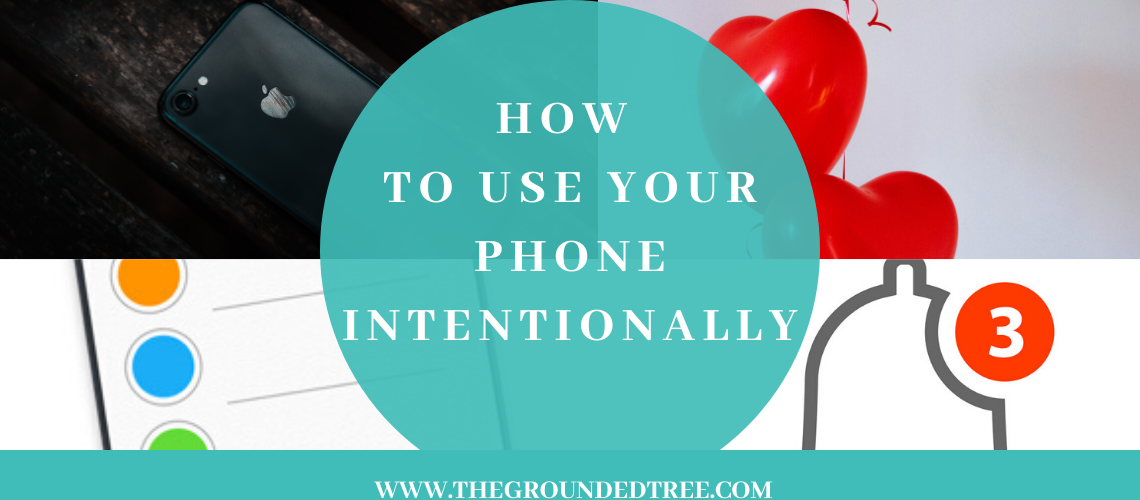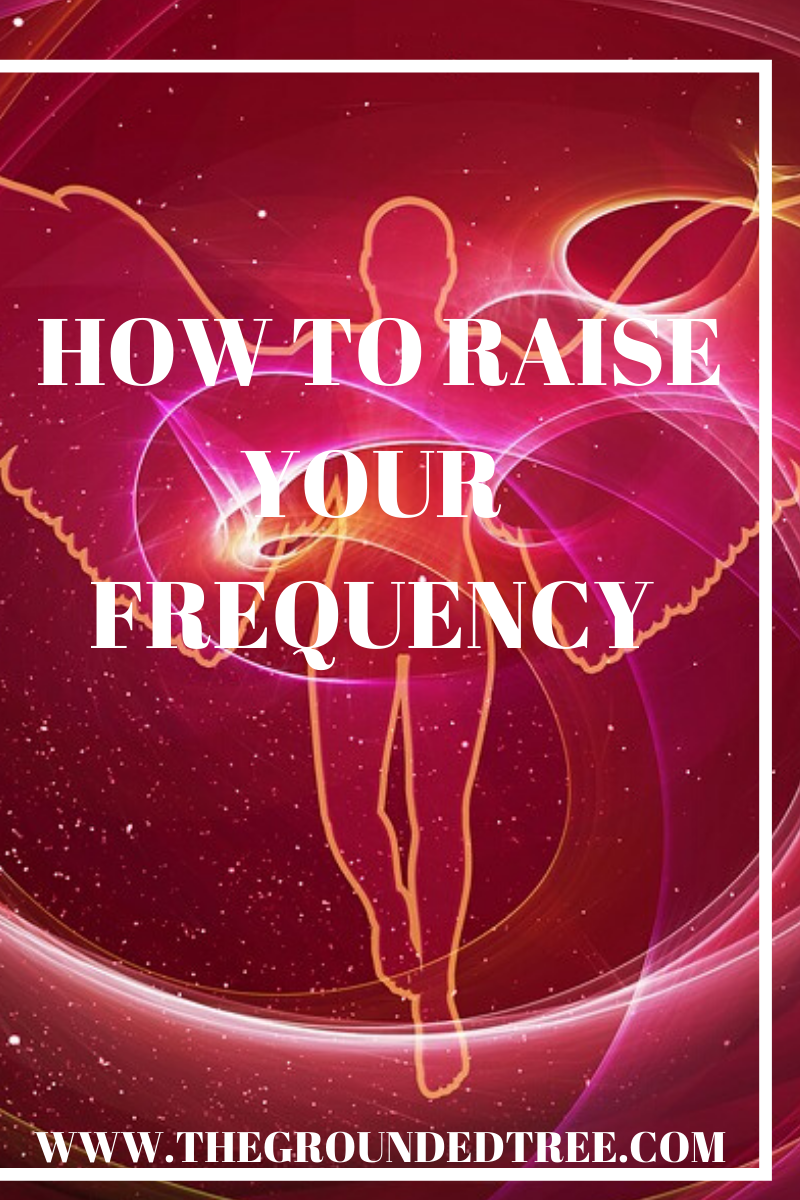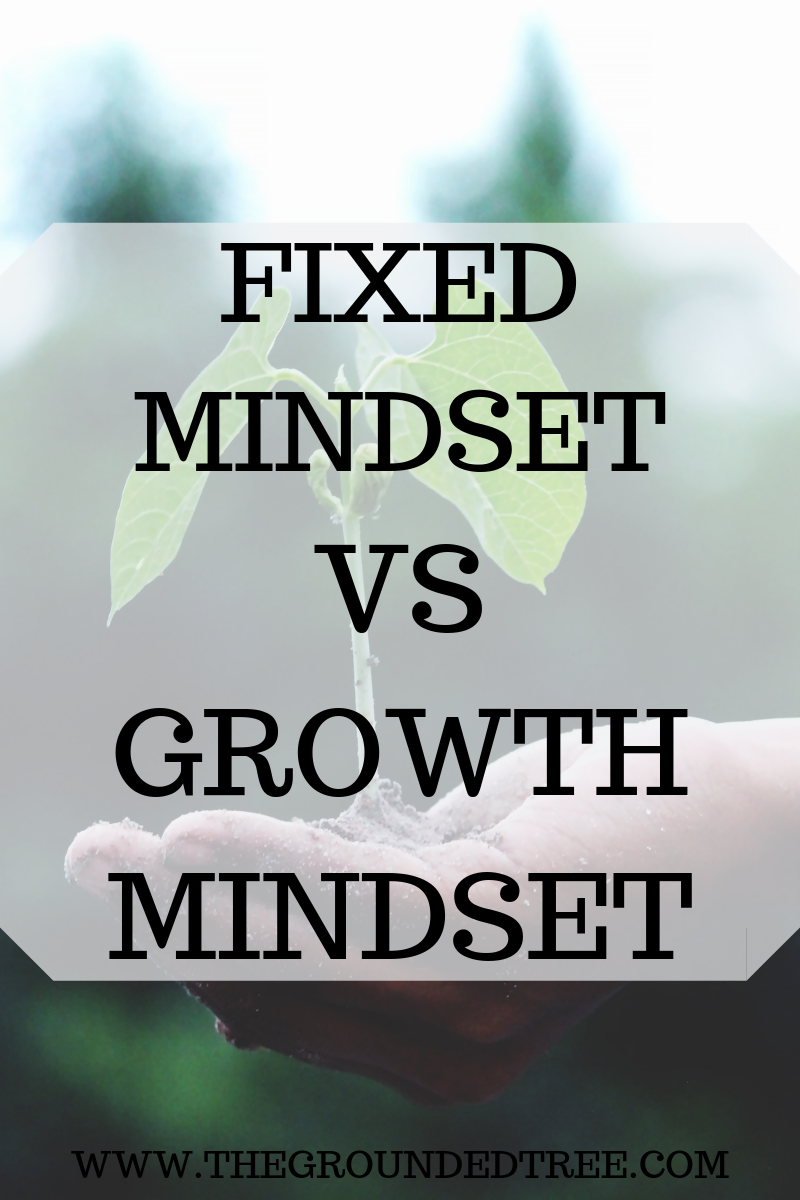We have a trigger whether something small or big, whether from childhood or adulthood. We all have something that brings up emotions we don’t like to identify with.
When we’re triggered it can show up as
- Past traumas
- Rejection
- Fear
- Abandonment
- Grief
- Anger
- Sadness
- Hurt
- Unworthiness
- Unloved
- Defensive
Sometimes we can get triggered from an experience and don’t know why we’ve reacted in a way we did.
Sitting in the uncomfortable can lead to vulnerability that you don’t want to face or relive. However, delving into the feeling can help you feel more in control of your feelings.
How to Identify your triggers:
When a triggering thought or emotion comes up, ask yourself where is this coming from? Is it your ego convincing you that it’s true or is there factual evidence that show you otherwise. We can get caught up in the narrative the experience from our past is a belief system that is factual true. What we forget in the moment is that those so called belief systems have stemmed from heighten emotion and overthinking which causes an illusion to how we perceive things.
Once identifying the triggers, you can start the process of changing the way you view your triggers.
Allow yourself to feel- Allow yourself to feel all the emotions without attaching the old story to it. You can do this by watching the thought but not engaging with it, as once you give in to the thought, you’ll start to attract like minded thoughts(your past) and create a scenario that is not true.
Compassion(speak kindly)- We can be mean to ourselves and speak in a way we would never speak to our friends and family. When you hear yourself judging your experience or emotion, remember to speak to kindly to yourself like how you would speak to a loved one. It easier to have compassion and give advice to a friend because there’s not attached emotion on our side, try to experiment without attaching your emotions to your experience and see how differently you speak to yourself.
Rewrite the narrative- Yes, the experiences in the past have made you feel X,Y and Z but not every person or thing is out there to hurt you. Changing the way you speak about your thoughts, emotions and past experience allows you to welcome more intimacy within your life, allowing the people who respect and value you to enter your safe space.

